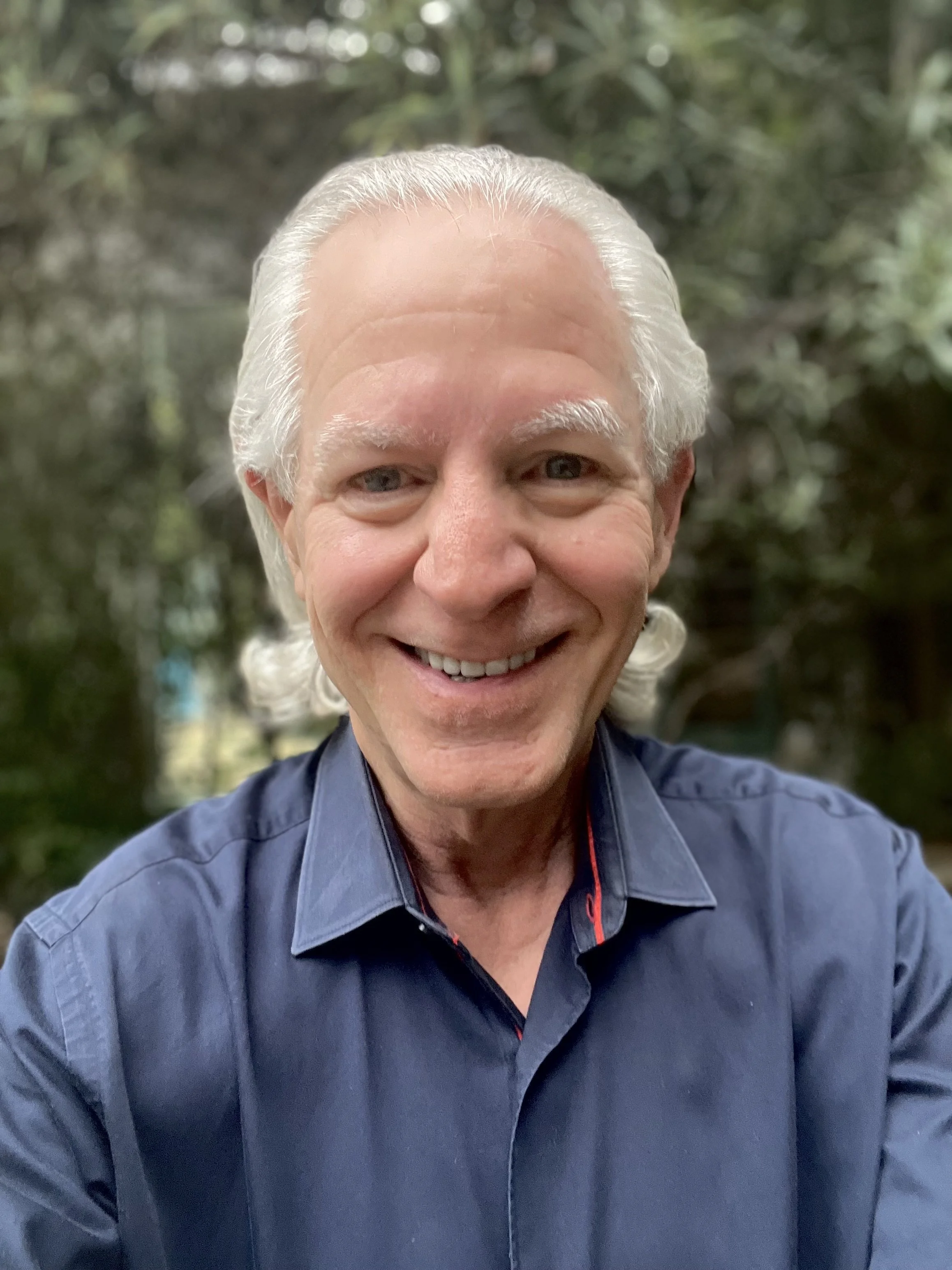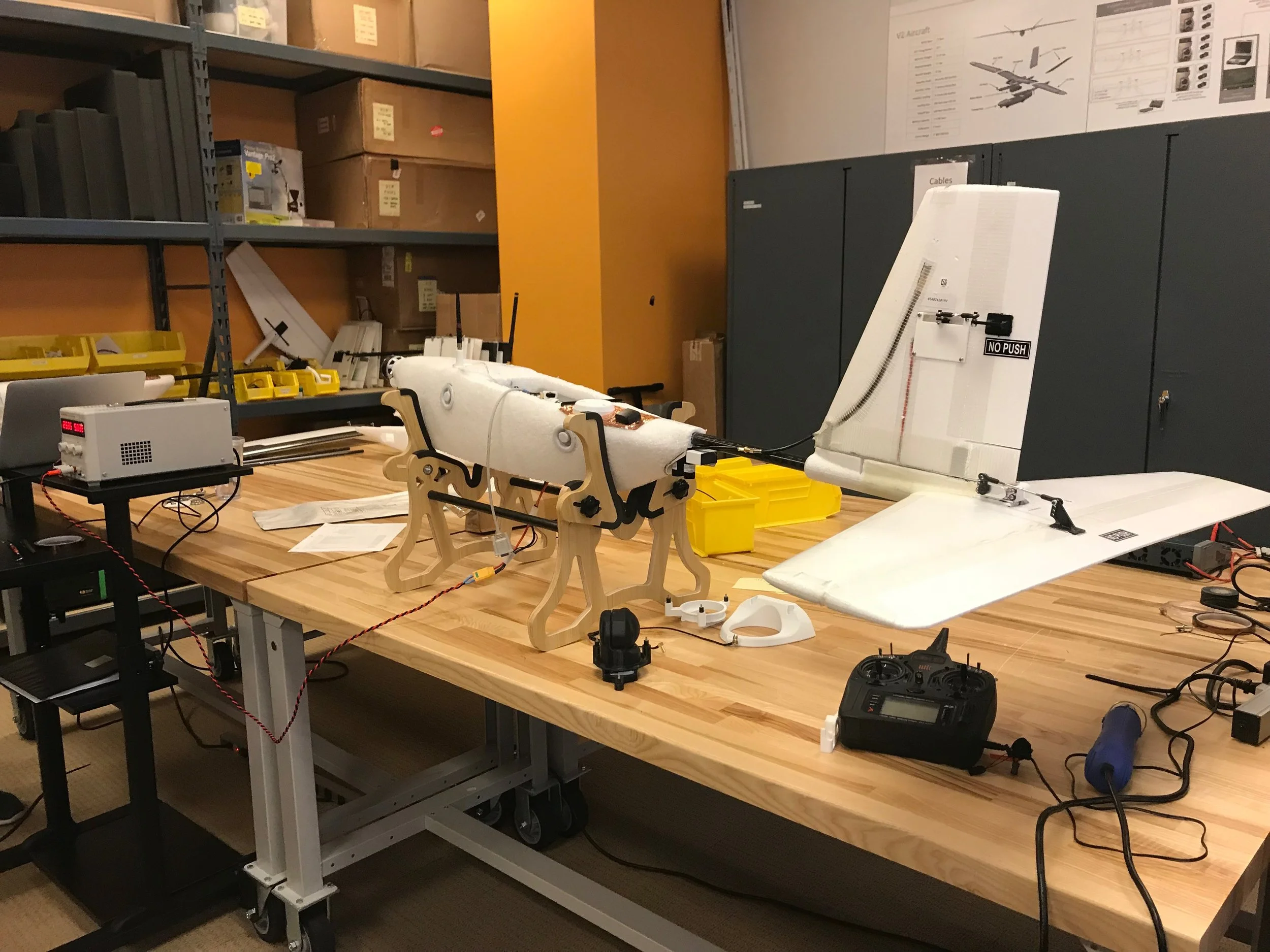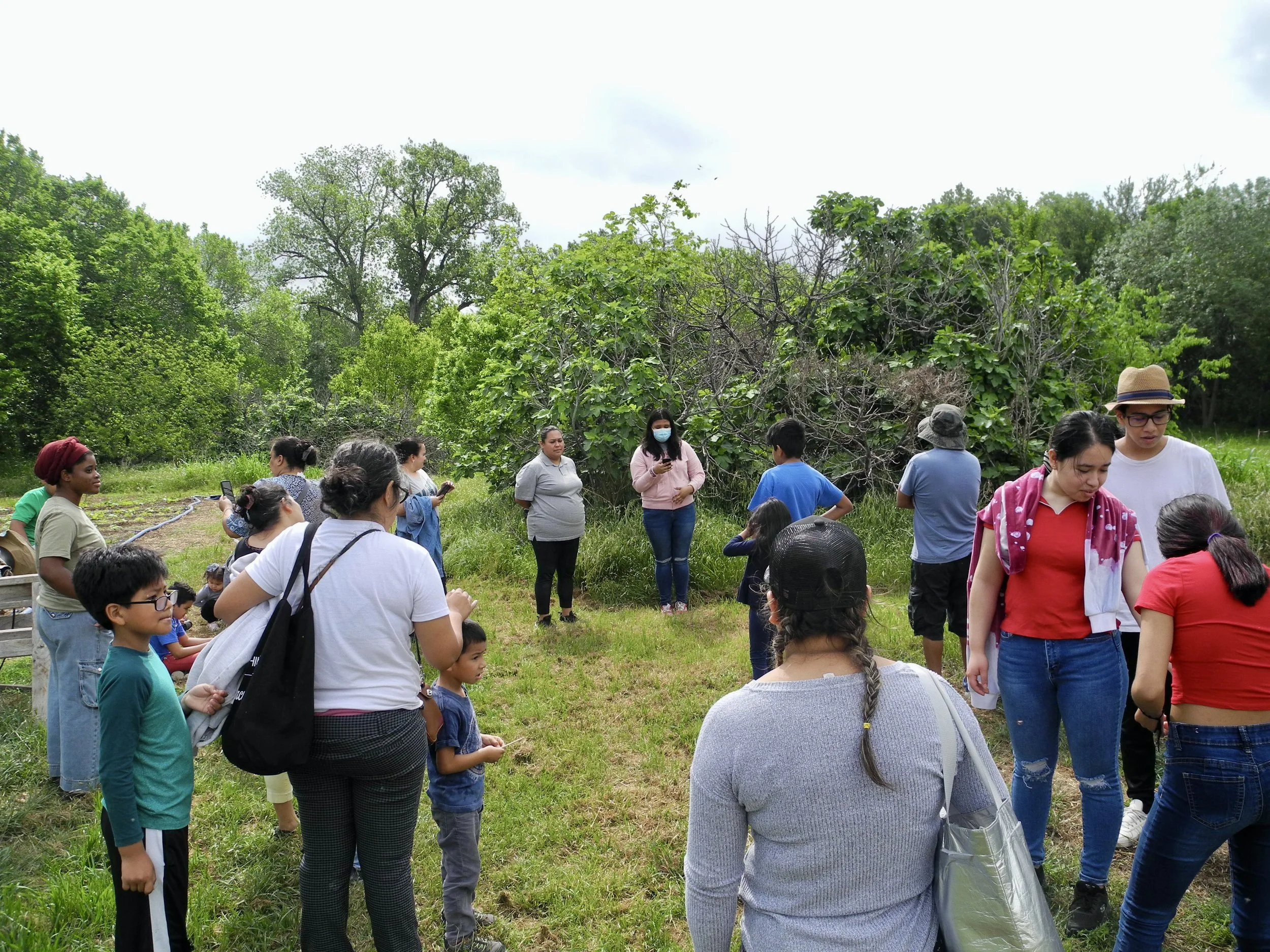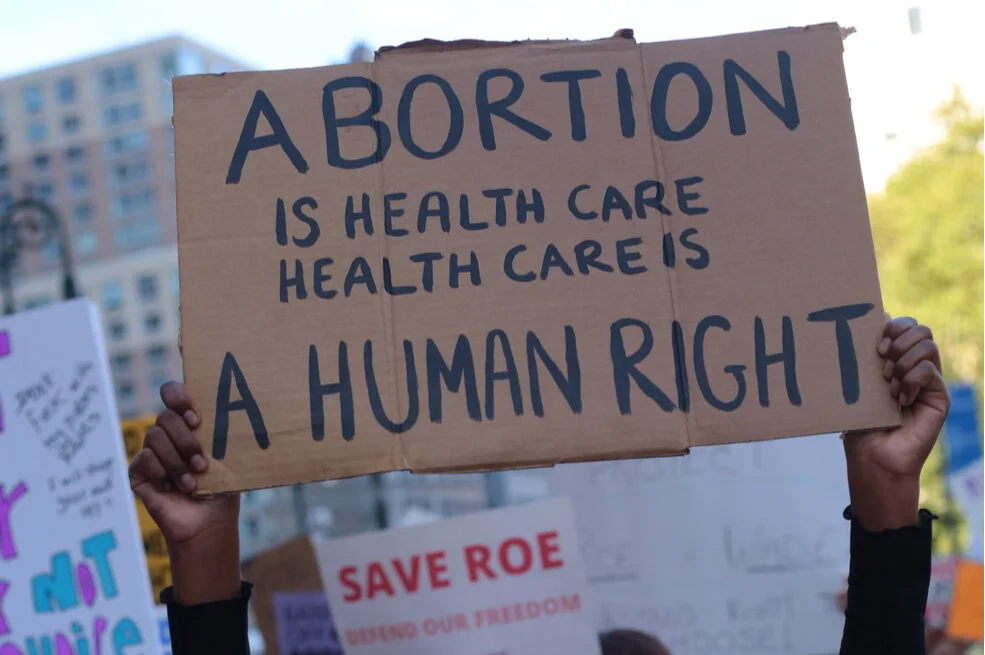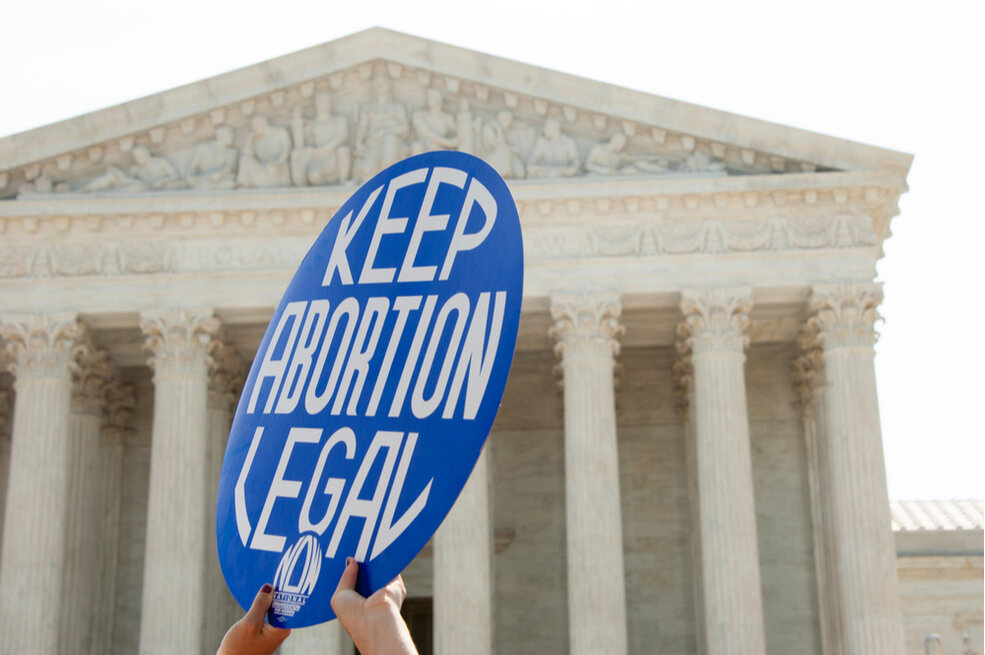A Historic Zoo Gift in the City With the Most Robust "Overall Philanthropic Culture" in the U.S.
/ Mike Scutari
photo: Trong Nguyen/shutterstock
A $50 million gift from the John P. McGovern Foundation suggests that funders concerned about issues like accessibility, conservation and community engagement are finding a lot to like in those familiar oases of imagination and adventure—zoos.
At the same time, the size of the foundation's gift underscores Houston's emergence as a major philanthropic power center. In 2015, Charity Navigator ranked Houston No. 1, just ahead of San Diego, in "overall philanthropic culture." And with the city enjoying growth in non-oil sectors like healthcare, donors are likely to keep the big gifts flowing.
The McGovern donation represents the largest gift in the Houston Zoo’s history and coincides with the zoo's $150 million fundraising campaign to commemorate its 100th anniversary in 2022. The zoo also unveiled a new 20-year master plan, which will reconfigure the campus into "experiential zones" that highlight wildlife and ecosystems found in Texas and around the world.
"With conservation messaging integrated throughout these zones," the zoo's press release said, "guests will leave the zoo inspired to take action to save animals in the wild."
The gift comes a few months after South Dakota businessman and philanthropist T. Denny Sanford gave the San Diego Zoo a $30 million donation toward the construction of a $69 million children’s zoo to be named in his honor.
(For those keeping track at home, Travel and Leisure magazine ranked the Houston Zoo as No. 10 on its list of "America's Most Visited Zoos." The San Diego Zoo was No. 1.)
Related: A Billionaire, Intent on "Dying Broke," Keeps the Big Gifts Flowing
The Houston Zoo's press release echoes a comment from Debra Erickson, director of communications for San Diego Zoo Global, upon receiving Sanford's gift: "During their exciting, ever-changing adventures," she said, children will "begin developing an empathy and concern for animals and plants which will lay the groundwork for their future involvement in conservation."
In other words, zoos aren't just places to go see animals. The ability of these institutions to create visitor experiences that jumpstart conservation education has clearly resonated with donors. Pulling back the lens a bit, zoos are yet another example of civic organizations from yesteryear that are reinventing themselves in adaptive and creative ways that excite philanthropists and foundations. Meanwhile, in many cities, including those far from familiar zones of coastal wealth, there are more such active benefactors than ever thanks to decades of boom times for those at the top of the income ladder. A surge of regional giving across the U.S. is increasingly showing up in the impressive tallies of fundraising campaigns for leading local nonprofits.
The Houston Zoo launched its centennial fundraising campaign earlier this month, hurtling out of the gate with just over $100 million in commitments from individual, foundation and corporate backers. Donors include Bank of America, Bloomberg Philanthropies, Chevron, ExxonMobil Foundation, Microsoft, and many others.
But no funder is giving more than the John P. McGovern Foundation.
Education is clearly a big issue for the Houston-based funder, which was established in 1961 by its namesake, a pediatrician, allergist, immunologist and teacher who passed away in 2007.
Last year, the foundation donated $20 million to support the University of Houston's (UH) newly created arts college, which will be renamed to honor Kathrine G. McGovern, the foundation's president and a former UH student. The gift ranked among the campaign's largest, matching board of regents Chairman Tilman Fertitta's $20 million donation in July 2016 toward athletics.
The foundation is also keen on medical and health causes—not a huge surprise, given the fact that McGovern established the McGovern Allergy Clinic and the Texas Allergy Research Foundation.
In 2015, the foundation made a $75 million gift to the University of Texas Health Science Center at Houston (UTHealth) to support medical training, scholarships and scientific discovery at UTHealth and its medical school, which was renamed the John P. and Kathrine G. McGovern Medical School. At the time, it was the largest gift in the university's history.
Perhaps, by this point, you've noticed a pattern.
The McGovern Foundation has been making many historically large gifts of late. This is not a coincidence. Thanks to the surge of regional philanthropy in places like the Southeast, Upper Midwest and the Southwest, we're seeing mega-gifts flowing to organizations far from the usual coastal enclaves with increasing frequency.
It doesn't hurt that Houston also boasts a long history big-time philanthropy. Major players in the city include the Houston Endowment, the Brown Foundation, Episcopal Health Foundation and the Kinder Foundation.
Part of the city's success can be traced to the region's diversifying economic base and demographics—Houston is the second-fastest growing city in the U.S. While oil wealth helped to create Houston's philanthropic culture, the city is now seeing significant growth in the tech, housing and healthcare sectors.
The Houston Chronicle recently reported that while a majority of hospital administrators are either shelving or rethinking expansion projects across the country, medical executives in Houston are breaking ground on more than $3 billion in hospital construction projects across the city.
Donors are responding enthusiastically. Two years after the McGovern Foundation's $75 million gift to UT Health, Paula and Rusty Walter and the Walter Oil & Gas Corporation made a whopping $101 million gift to Houston Methodist Hospital, the largest gift in that institution's nearly century-old history.
And earlier this year, Houston billionaires Fayez and Susan Sarofim donated $25 million to Memorial Hermann-Texas Medical Center. It was, as you could probably guess by this point, the largest gift in the hospital's history.
I bring up these trends to place the Houston Zoo's ambitious campaign in a larger context. The region is enjoying a philanthropic perfect storm consisting of a growing population, economic vibrancy and a healthy mix of old and new wealth. The zoo's fundraisers rightfully concluded that a $150 million campaign was a risk worth taking.


